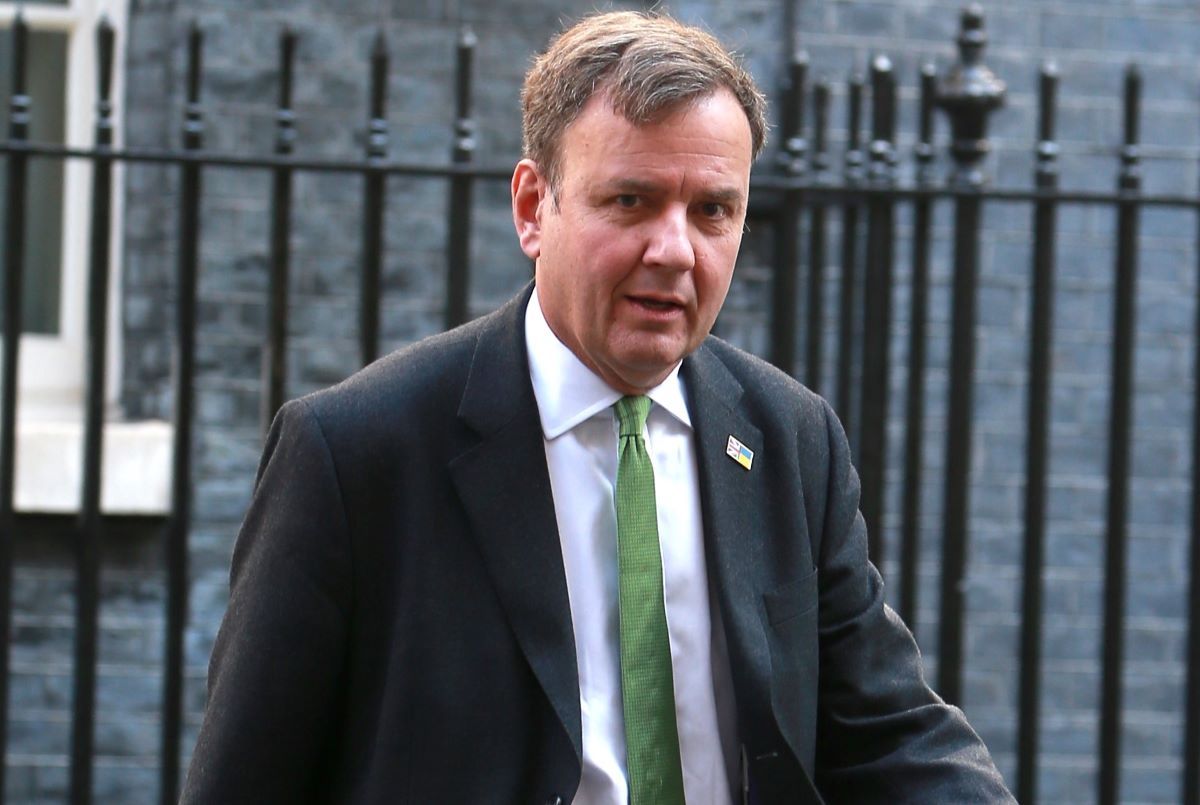As the Conservative leadership race heats up with a fourth candidate entering the fray, new polls reveal that all contenders face dismally low favorability ratings among the public. Here’s the full story.
Scrambling for Unity
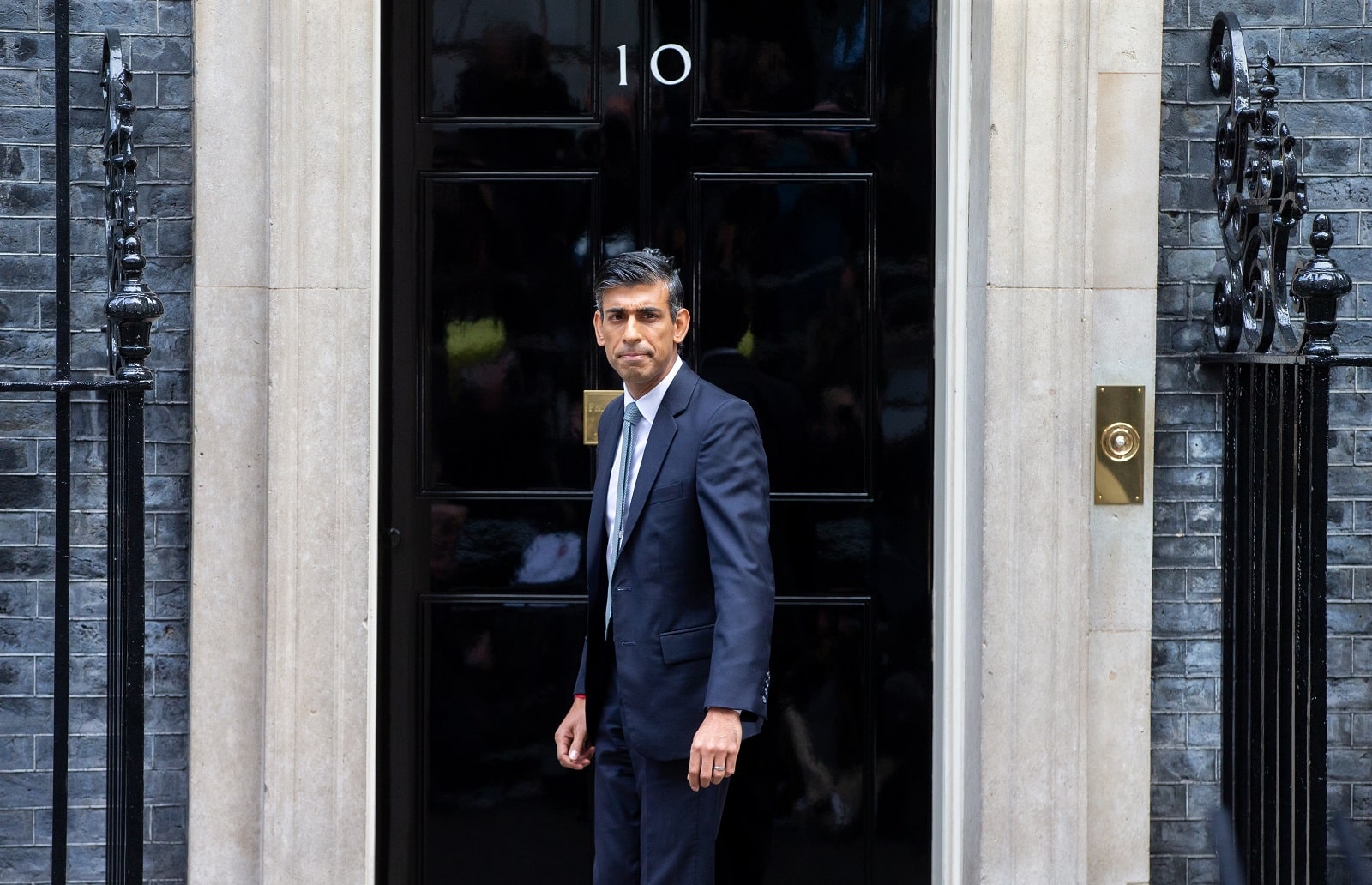
Following the party’s disastrous results in the recent general election, the Conservative Party has been scrambling to find a new leader who can successfully unite the party and put the factionalism and infighting of the past behind them.
Mel Stride Enters Race
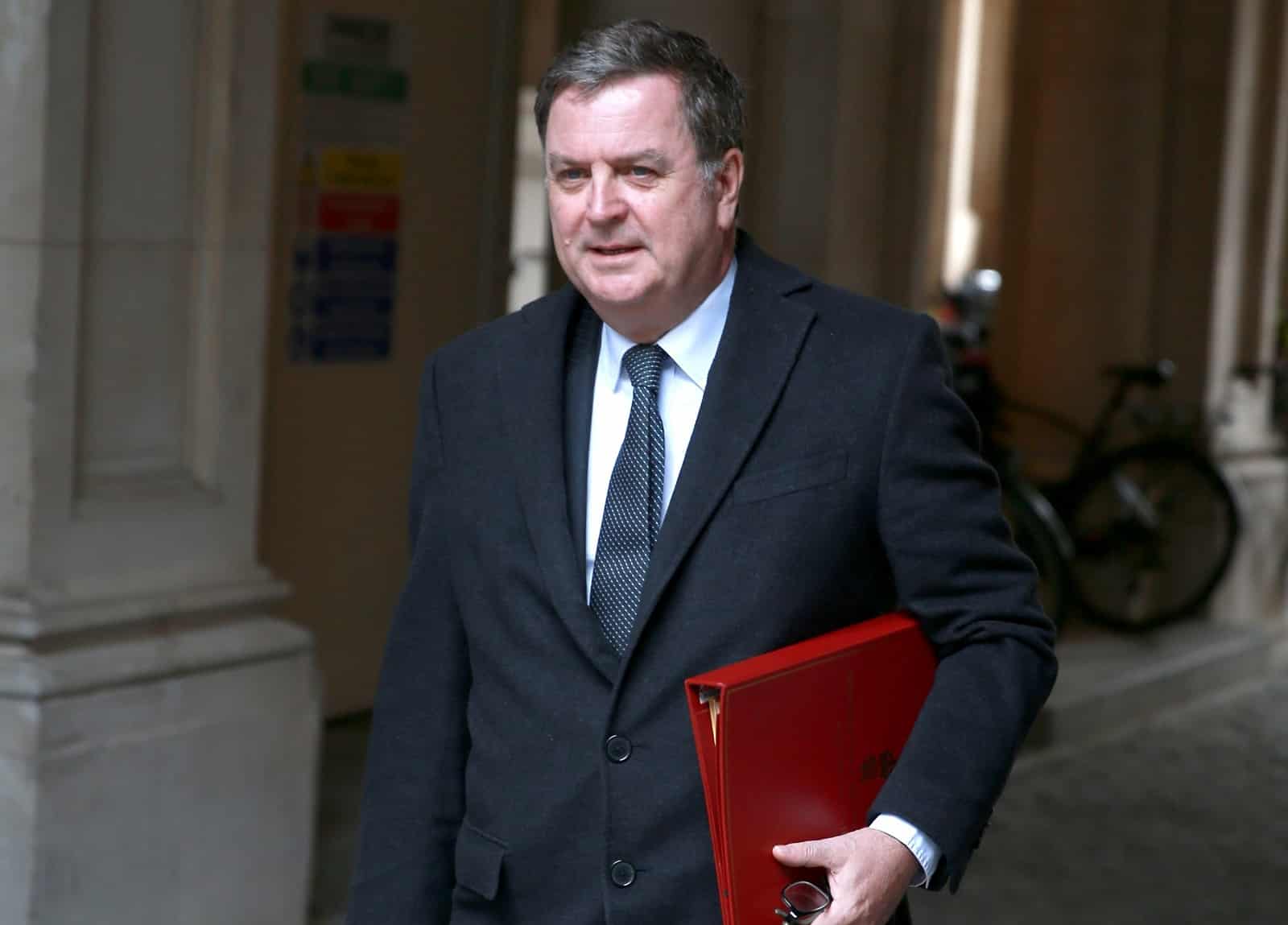
The latest contender to throw his hat in the ring is Mel Stride, the former Work and Pensions Secretary. He announced his candidacy on the BBC’s Breakfast programme, arguing that the Conservatives needed to reorganise the party into a “fighting machine.”
Stride’s Worries

Stride stated, “What we know from the general election is that we’re in a very, very difficult place as a party, and I worry about that because I care about my party and I care about my country. We have substantially lost the trust of the British people and we’ve lost our reputation for competence, and I believe that I’m in a very good position to address those issues going forward.”
Leadership Race Contenders
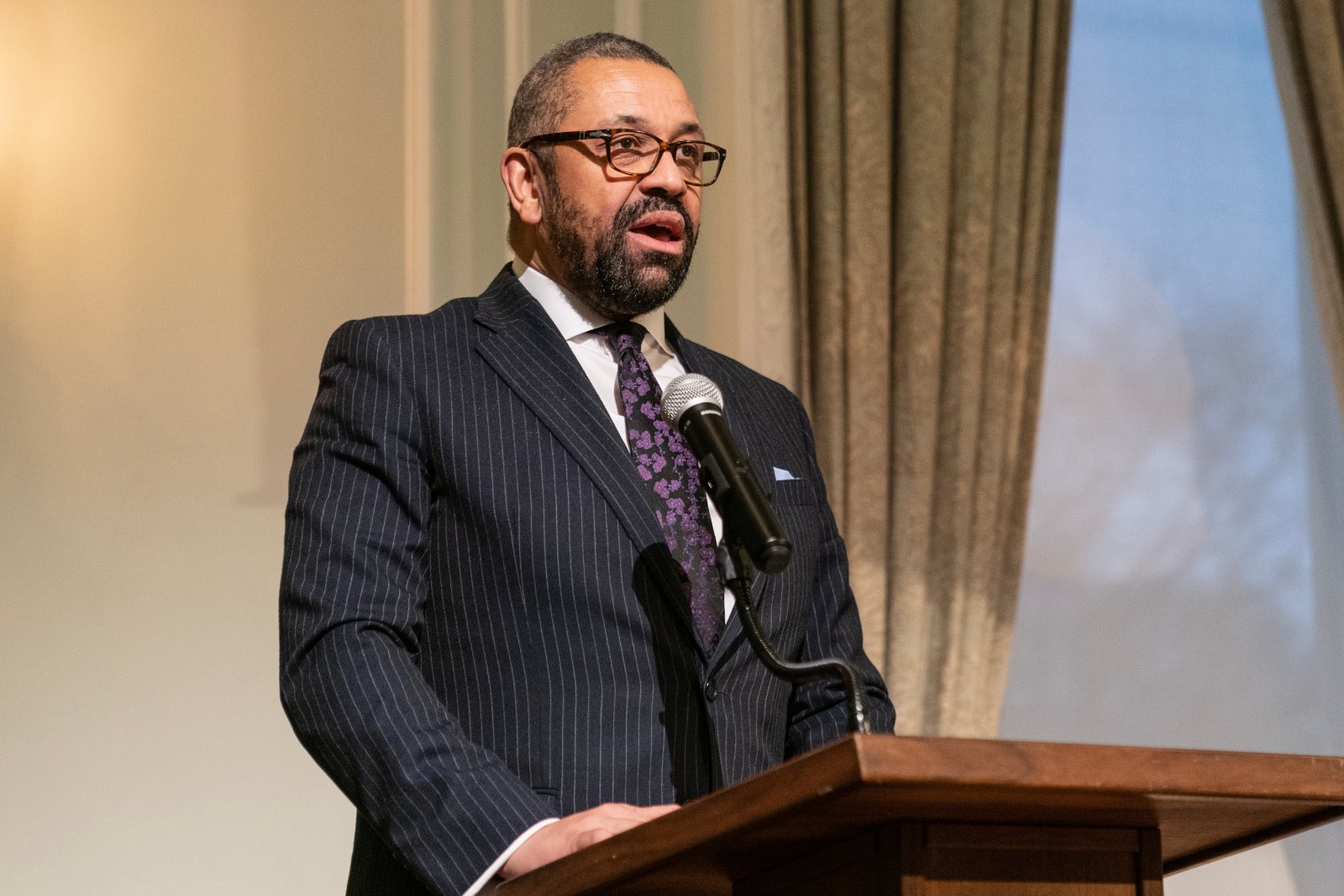
Stride joins former Home Secretary James Cleverly, former Security Minister Tom Tugendhat, and former Immigration Minister Robert Jenrick in the leadership race. While Cleverly and Tugendhat are seen as centrists, Jenrick aligns with the party’s influential right wing.
Bridging Divides
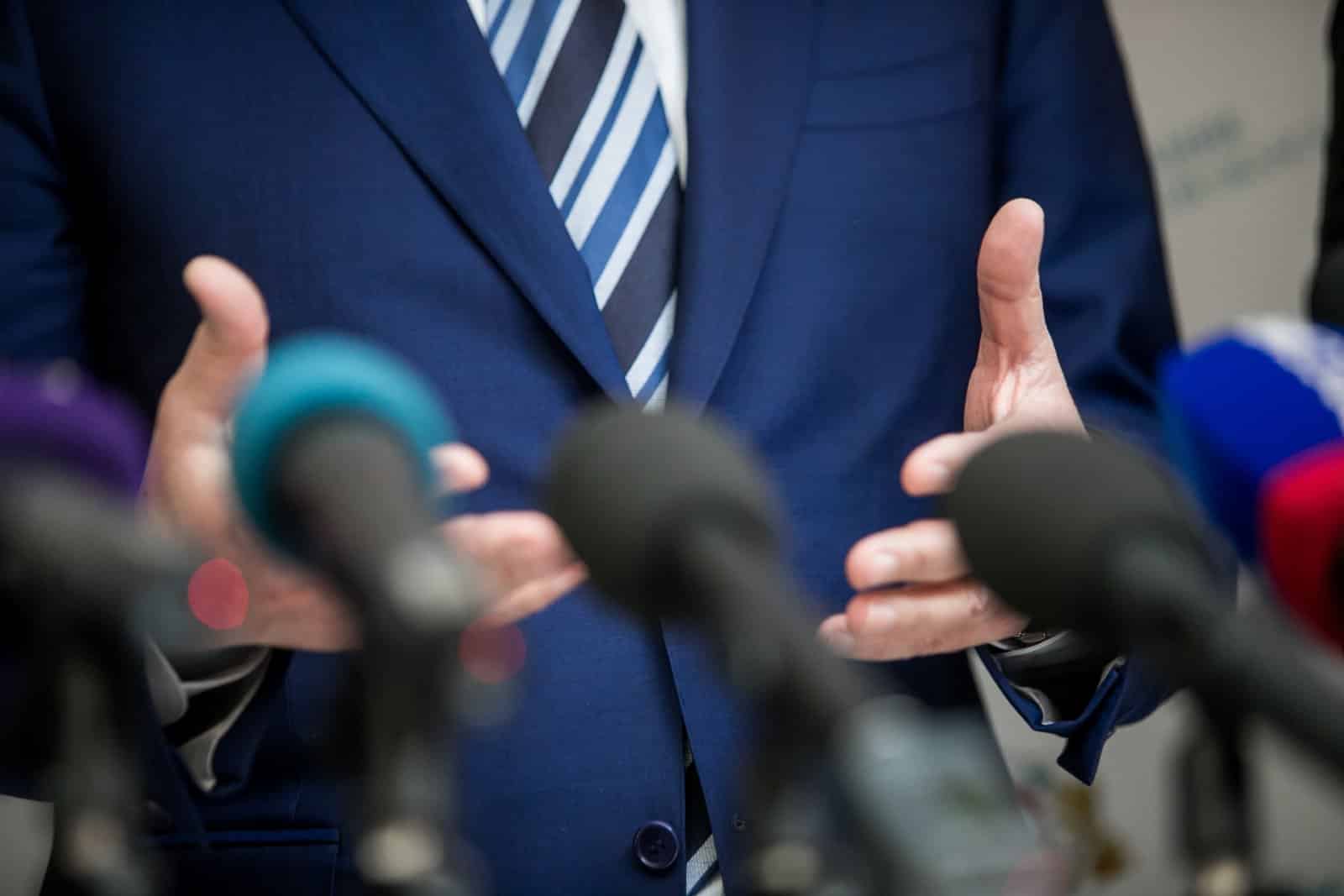
Stride, however, has positioned himself as a less factional figure capable of bridging divides within the party. He argued, “People are not going to vote for a party that’s at each other’s throats all the time. I am respected, I think, right across the parliamentary party. I was chair of the Treasury select committee, the leader of the House of Commons, all of those things are roles about bringing people together.”
Dire Public Opinion
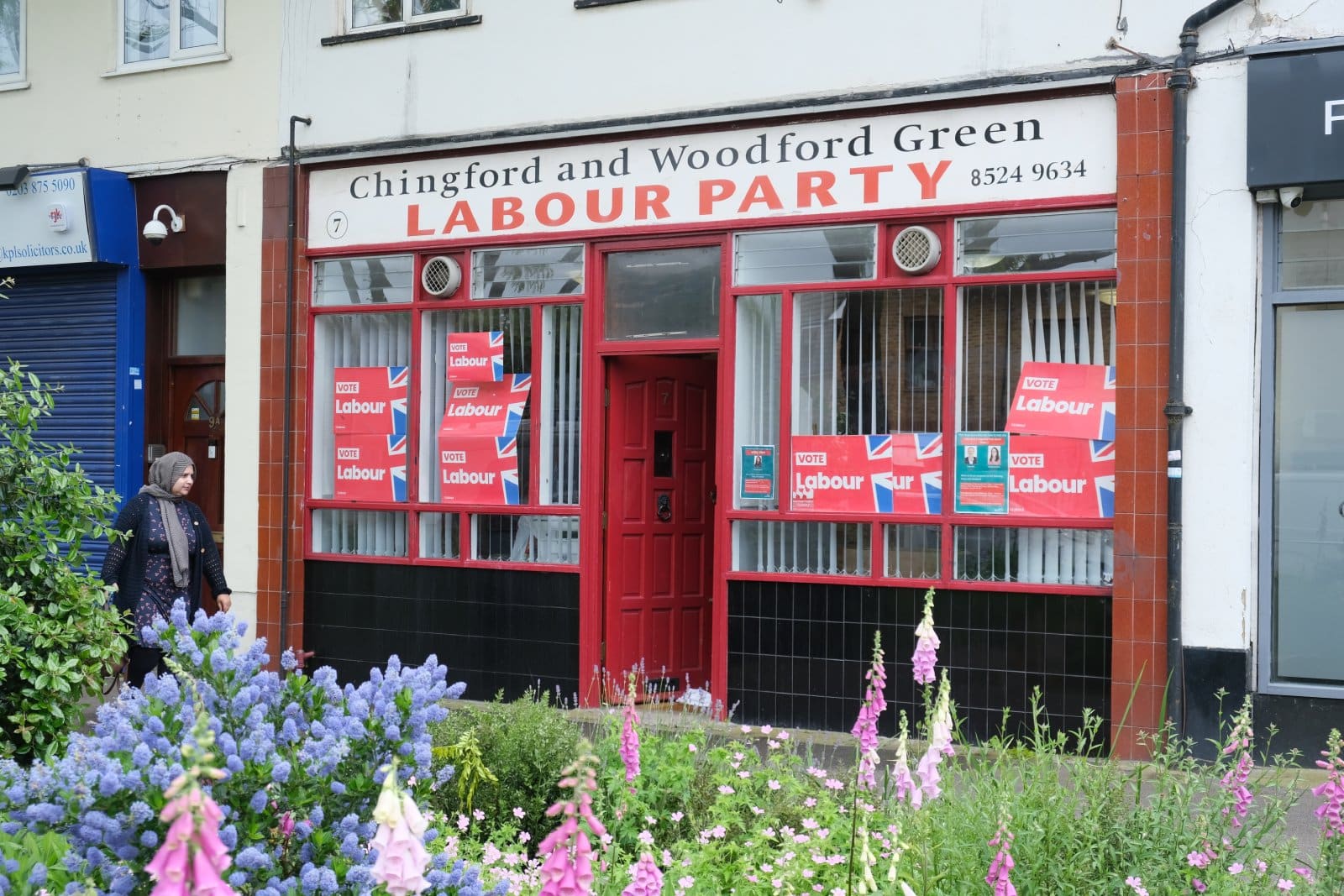
However, despite Stride’s hopeful rhetoric, a recent Savanta poll has shown just how dire the situation is for the Conservatives regarding public opinion, following 14 years of Conservative rule that proved divisive and, according to the new Labour government, ruinous for the country’s finances.
Poll Results
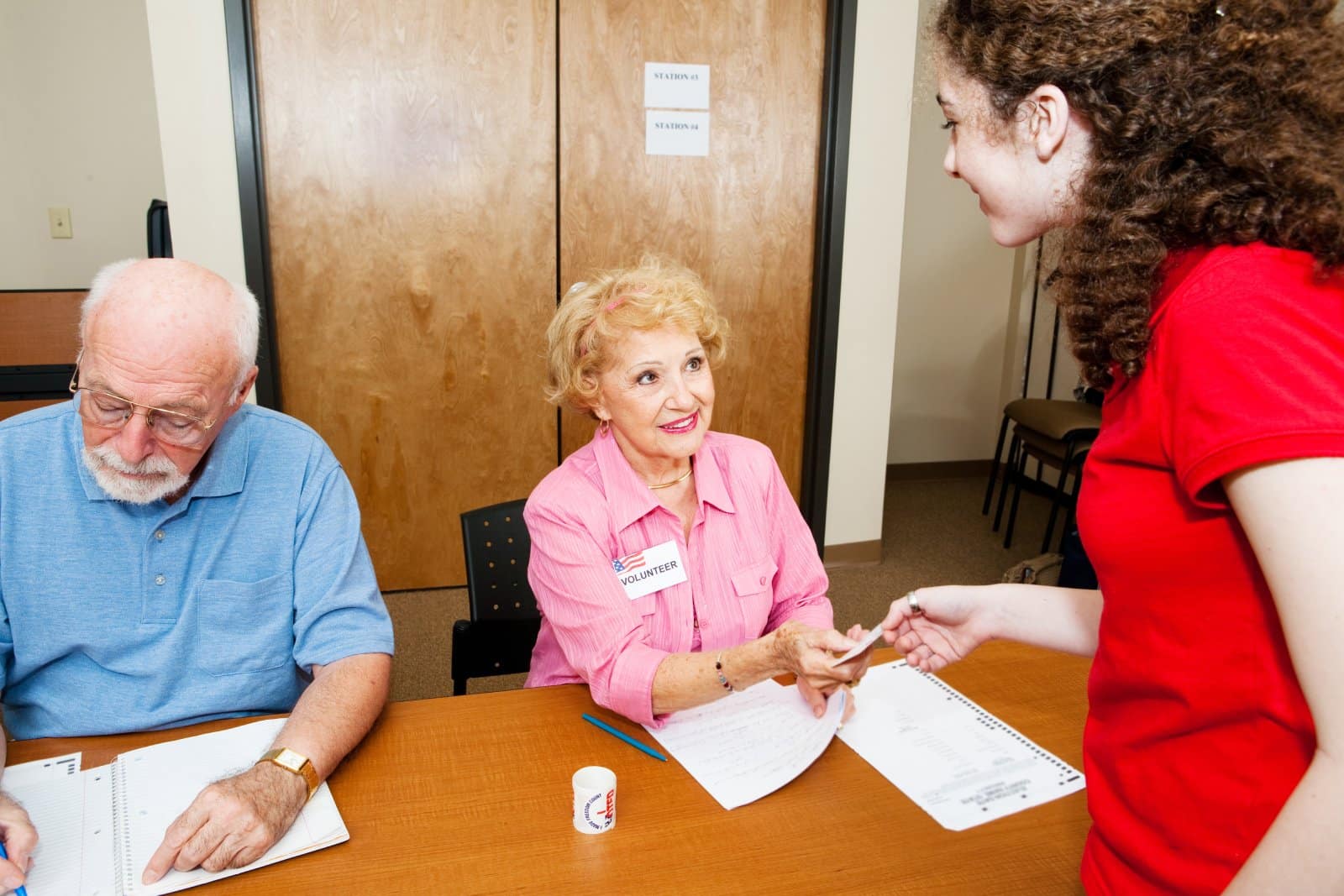
The poll revealed that Tom Tugendhat is the most popular candidate among the electorate, with a net favorability of -3, followed closely by James Cleverly at -9. Despite being negative, this is considerably higher than many other candidates, whether presumptive or officially announced.
Right-Wing Stalwarts
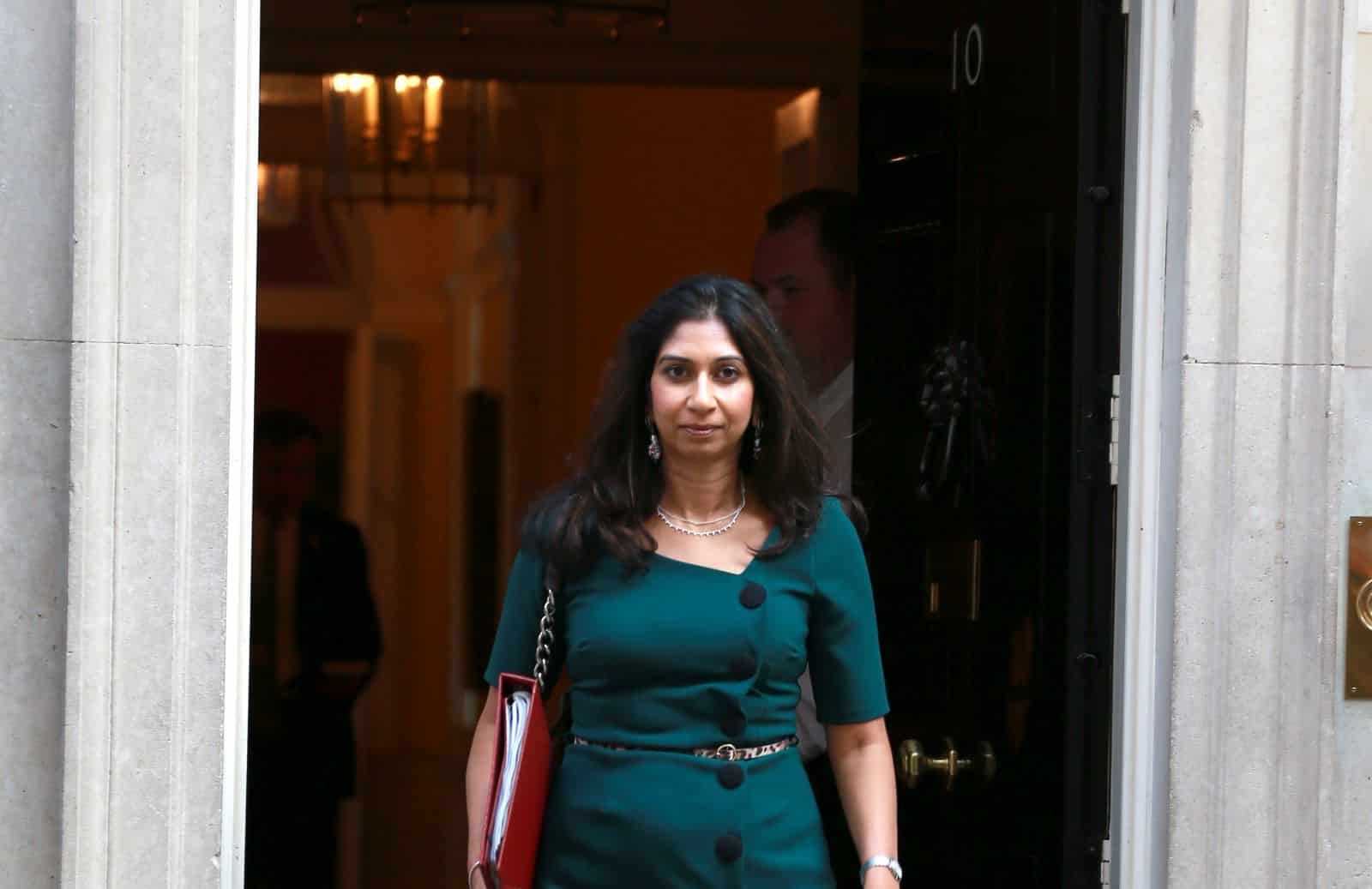
Though they have not yet announced their candidacy, many expect the Conservative Party’s right-wing stalwarts Priti Patel, Kemi Badenoch, and Suella Braverman to announce leadership bids. Their ratings are particularly alarming, with Badenoch on -12, Braverman on -23, and Patel languishing in last place with -28.
Braverman’s Blunders
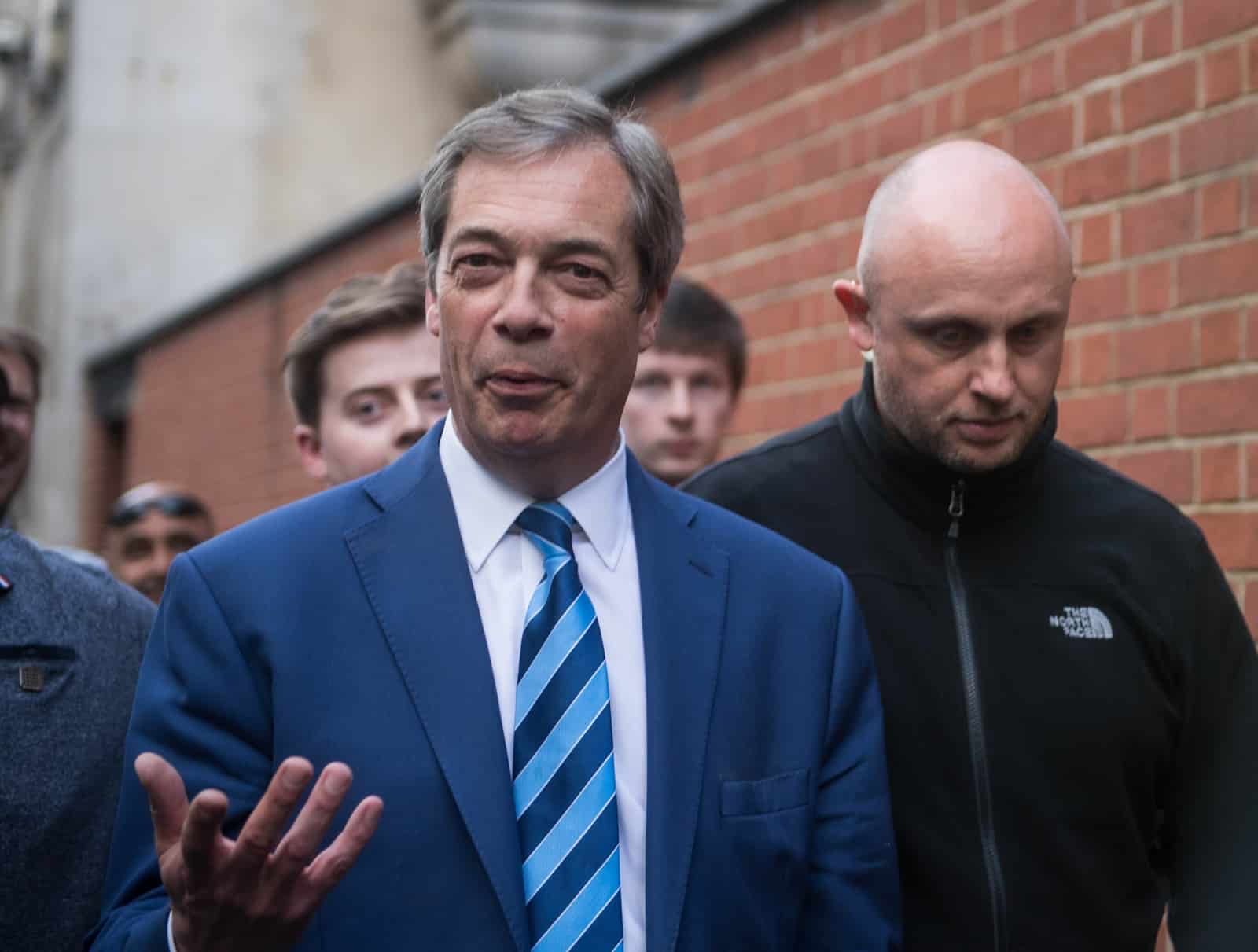
Braverman, who began the race as a favourite, has suffered a series of blunders and has made a series of poorly received speeches, including one in which she advocated for the party to align more closely with Reform and its leader, Nigel Farage.
Jenrick Gains Traction

This stance has polarised opinions within the party, and Braverman’s campaign has rapidly lost momentum as high-profile backers abandoned her in favour of Robert Jenrick. Jenrick, the former Immigration Minister, has emerged as a critical player on the party’s right. While his net favorability rating was not disclosed, Jenrick’s campaign is gaining traction as he appeals to the same voter base as Braverman and Patel.
Cleverly’s Economic Focus
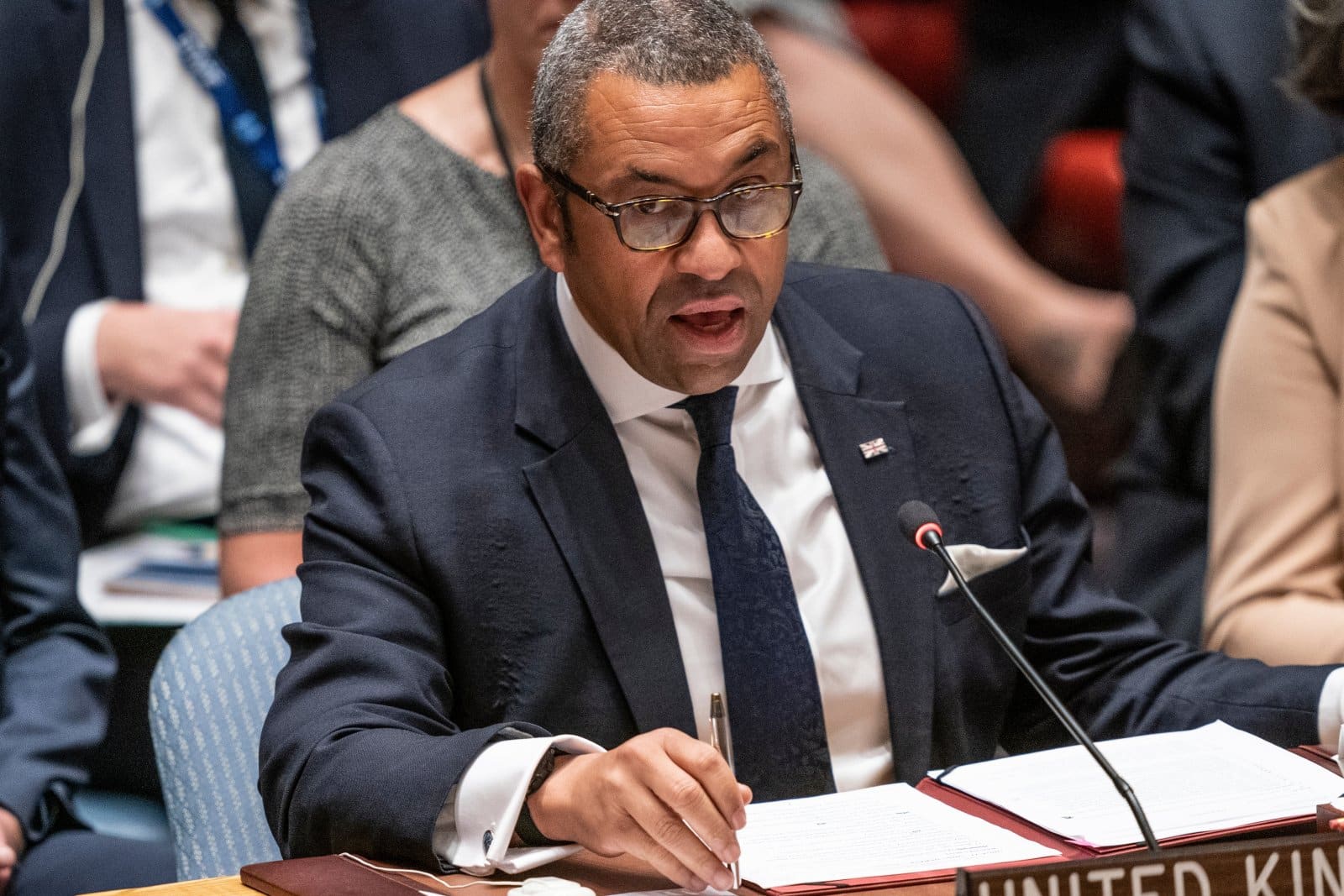
Like Stride, James Cleverly has positioned himself as a candidate who can unify the party and restore its economic credibility. In an article for The Daily Telegraph, Cleverly emphasised the need for the Conservatives to “re-establish our reputation as the party who, in government, helps grow the economy.”
Emphasizing Unity
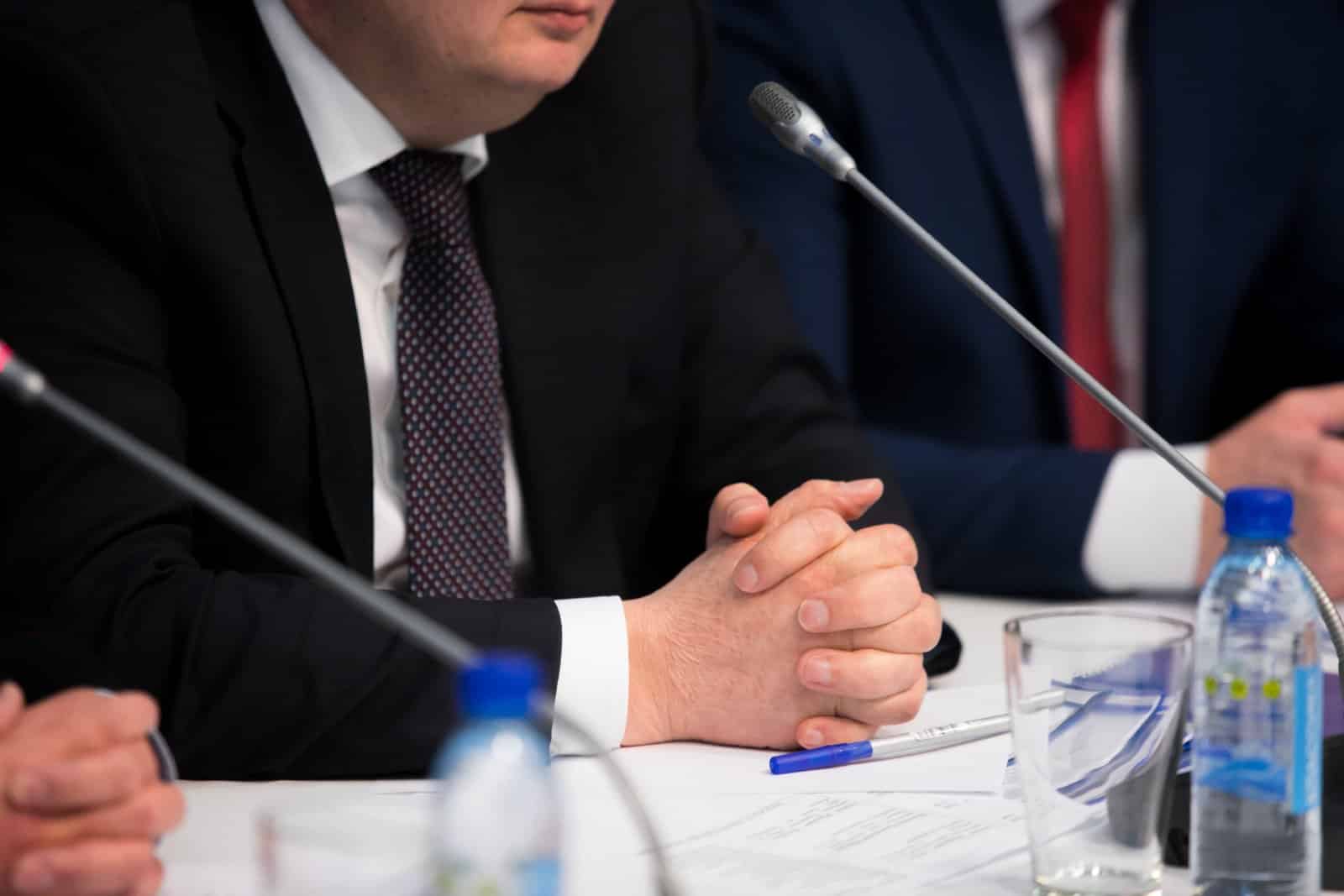
He added, “We need to rediscover confidence that our core values are shared by the British public and present an offer of unity, security, and prosperity. We must ditch the self-indulgent infighting and be ready to deliver when the next chance comes.”
Leadership Contest Process

To officially enter the leadership race, candidates must secure the backing of at least 10 MPs. The contest will then narrow down to four candidates, who will present their case to party members at the Conservative conference this autumn. The final two candidates will be selected by party members, and the winner will be announced on November 2nd.
Right-Wing Preferences
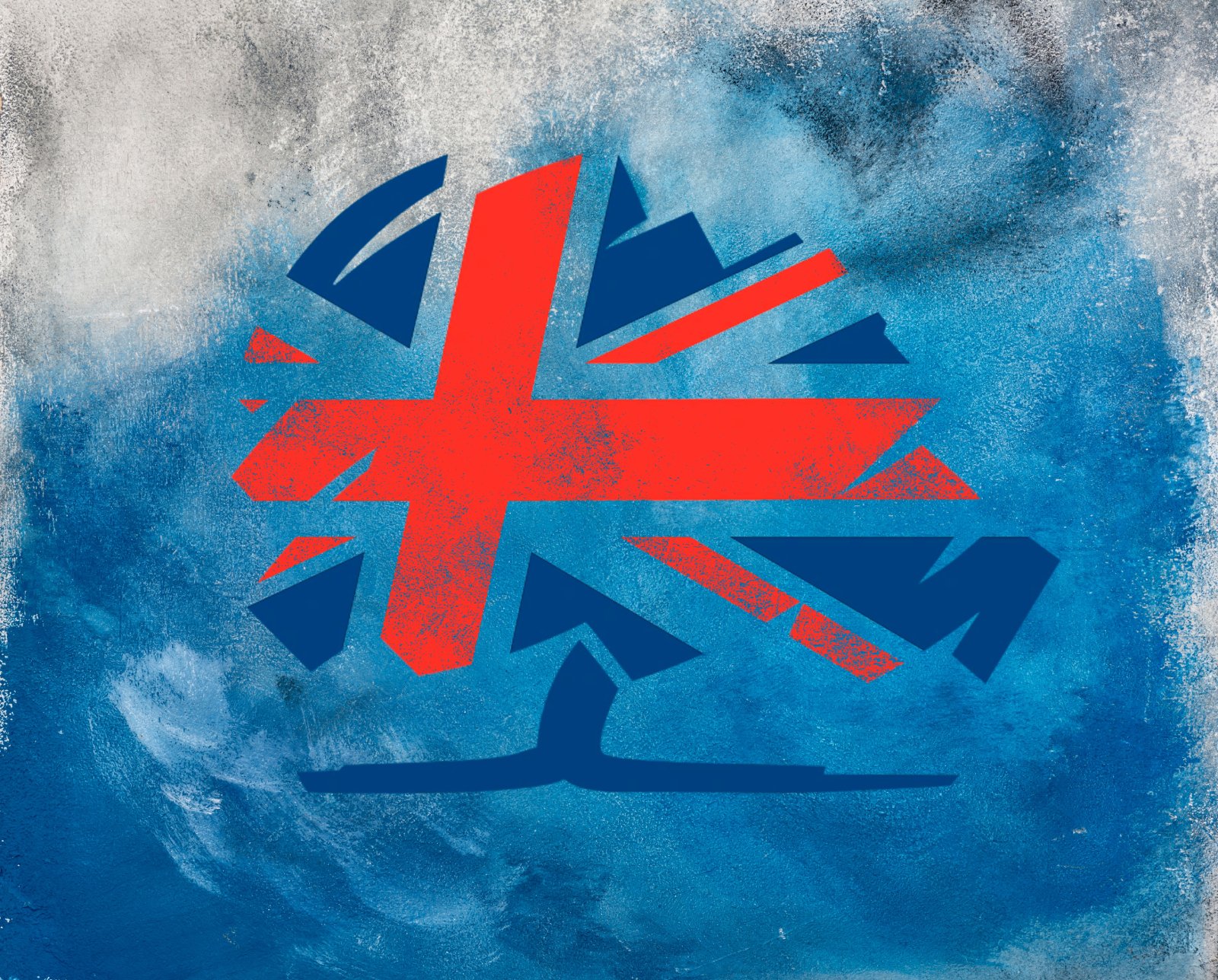
Each candidate’s ability to present a coherent vision for the future will be critical as the leadership race unfolds. Many within the Conservative Party are said to favour a more right-wing leader, with Badenoch emerging as the favourite, though many, including Stride, have warned that this will doom the party to electoral obscurity.
Daunting Task Ahead

With all candidates facing negative favorability ratings, whichever contender emerges victorious will face the unenviable task of uniting a divided party, restoring its standing with the electorate, and overcoming their negative ratings with the public. Whether any of the challengers for Conservative leadership are up to this daunting task remains to be seen.
Featured Image Credit: Shutterstock / Fred Duval.

